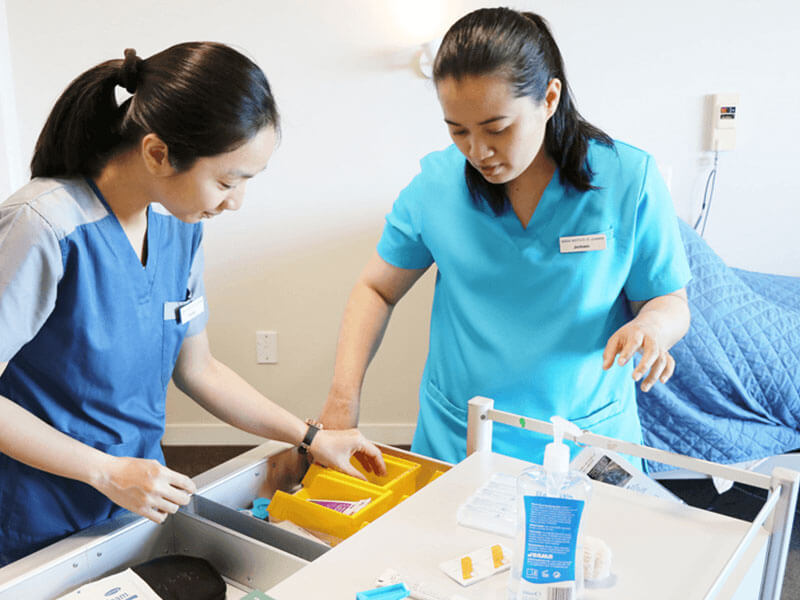 Everyone knows better engagement means better productivity. In general, when people are engaged in what they do, they feel a connection, are more enthusiastic and are better at communicating and thinking in detail about what they do. This is just as true in the case of nursing students during clinical placement.
Everyone knows better engagement means better productivity. In general, when people are engaged in what they do, they feel a connection, are more enthusiastic and are better at communicating and thinking in detail about what they do. This is just as true in the case of nursing students during clinical placement.
Highly engaged nursing students add value by bringing new ideas to the table and constantly working to improve performance and practices. Meaningful engagements means nursing students are no longer regarded as simple ‘consumers’ or ‘stand-byers’ during their clinical placement, but as partners in the process. They then become active actors of change whose fresh perspectives and visions can play a critical role in shifting the future of nursing care.
While everyone can agree in the beginning there are certain gaps in practice on their behalf, engaged student nurses interested in doing what is right and communicating as best as possible is vital. Here is where mentors come in. With the right support and teaching environment, future nurses can bloom and benefit from the expertise of well-rounded clinical professionals, with an underlying commitment to patients’ health. Results will always be better when engaged nursing professionals practice shared decision making.
Another important aspect is engagement on a long-term basis. According to research (see below), on a 0 to 5 point scale, nurses are 4.34 engaged in their first 6 months in a hospital. This number considerably decreases as time goes by, reaching as little as 4.02 after 3-5 years. This in itself is important. No nursing student will bring their very best knowing that after all of their years of learning and hard work, the future holds for them a less engaging career.
But achieving engagement is not always easy. Nursing trainees face a number of challenges, from lack of confidence, gaps between theory and practice, a limited number of mentors, to insufficient awareness of hospital protocols and more. This is the reality in too many areas and specialties, leaving the nursing workforce struggling to cope with demand and being less able to perform at its best.
To be able to better respond to these challenges, there are a number of solutions that both mentors and students can adopt, including:
- Acknowledging together the complexity of the work
- Fostering and modeling empathy and trust
- Encouraging more positive work-life balance
- Streamlining communication and information sharing, including through the use of new technologies and various softwares, such as clinical rotation management apps
- Making teamwork a reality not just a buzzword
Healthcare is one of the most complex and multifaceted industries in the world, and equally one of the most important ones. And the nursing profession is an extremely important one that has been facing shortages in the past couple of years, because of such gaps. At no other career level there is as much engagement and excitement as seen among nursing students and that needs to be nurtured.









